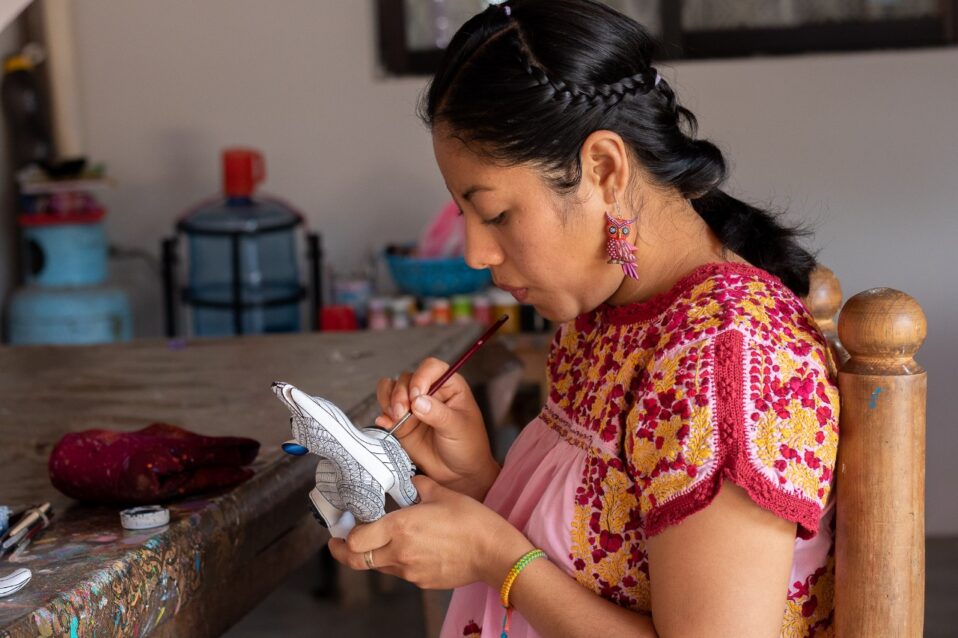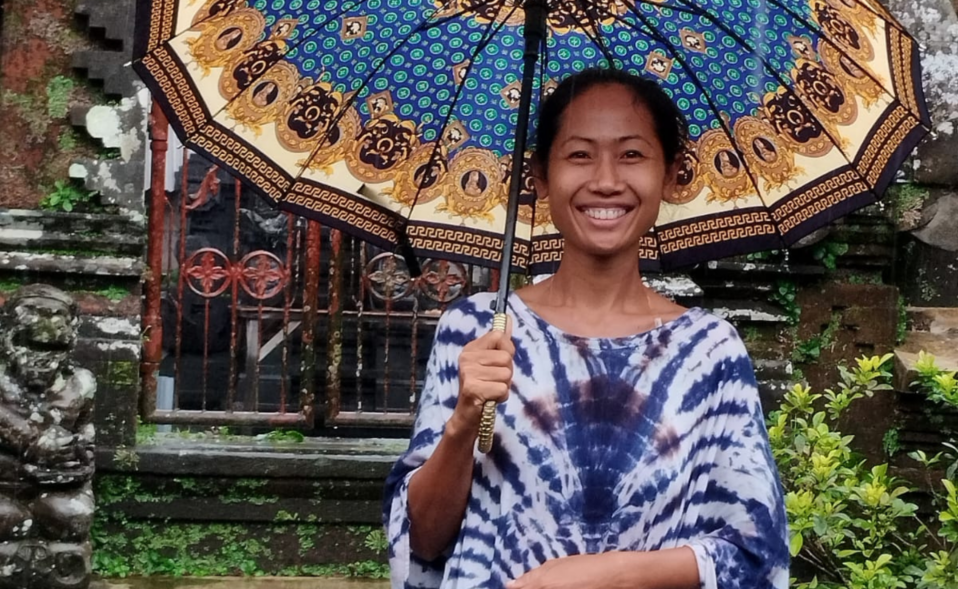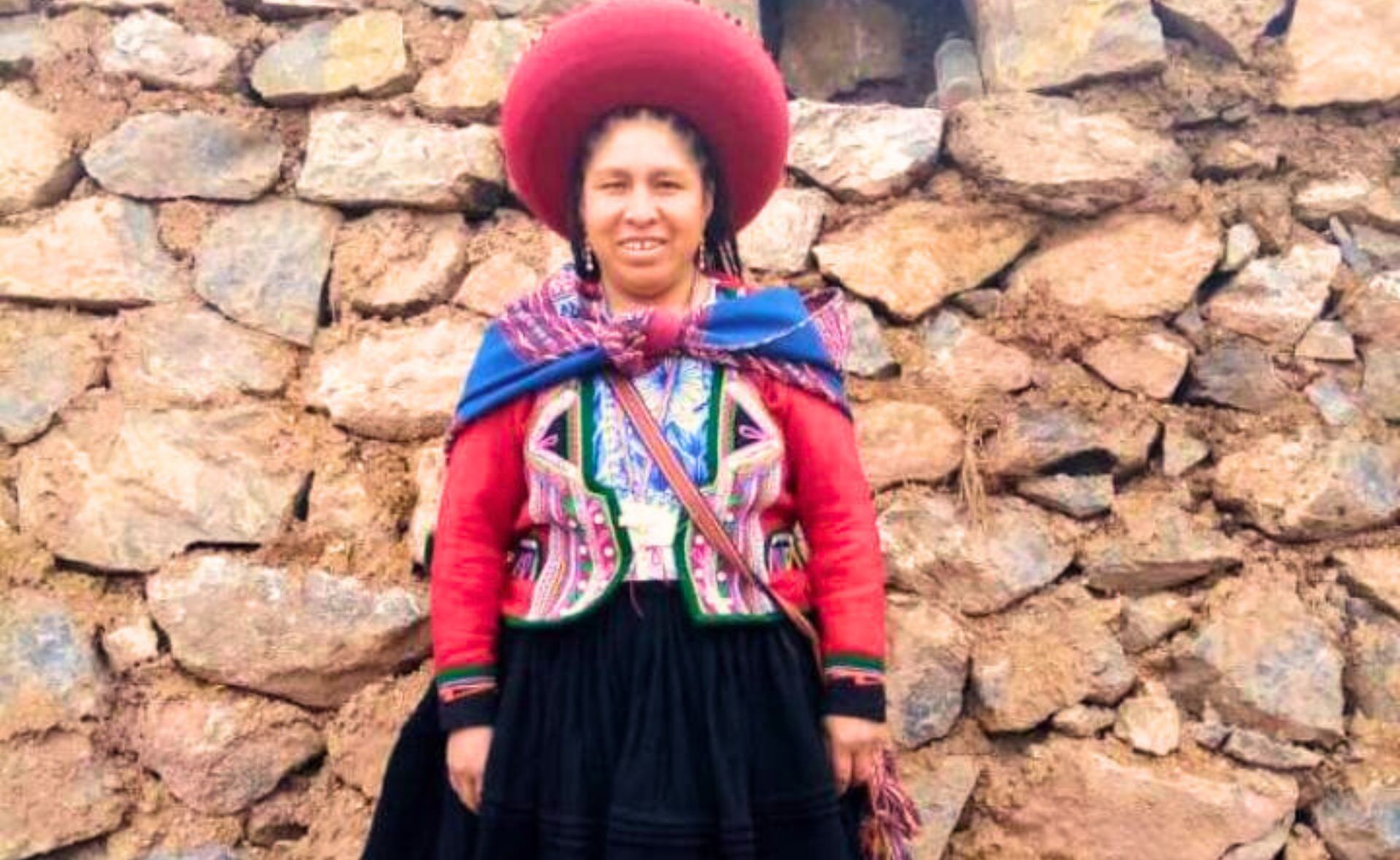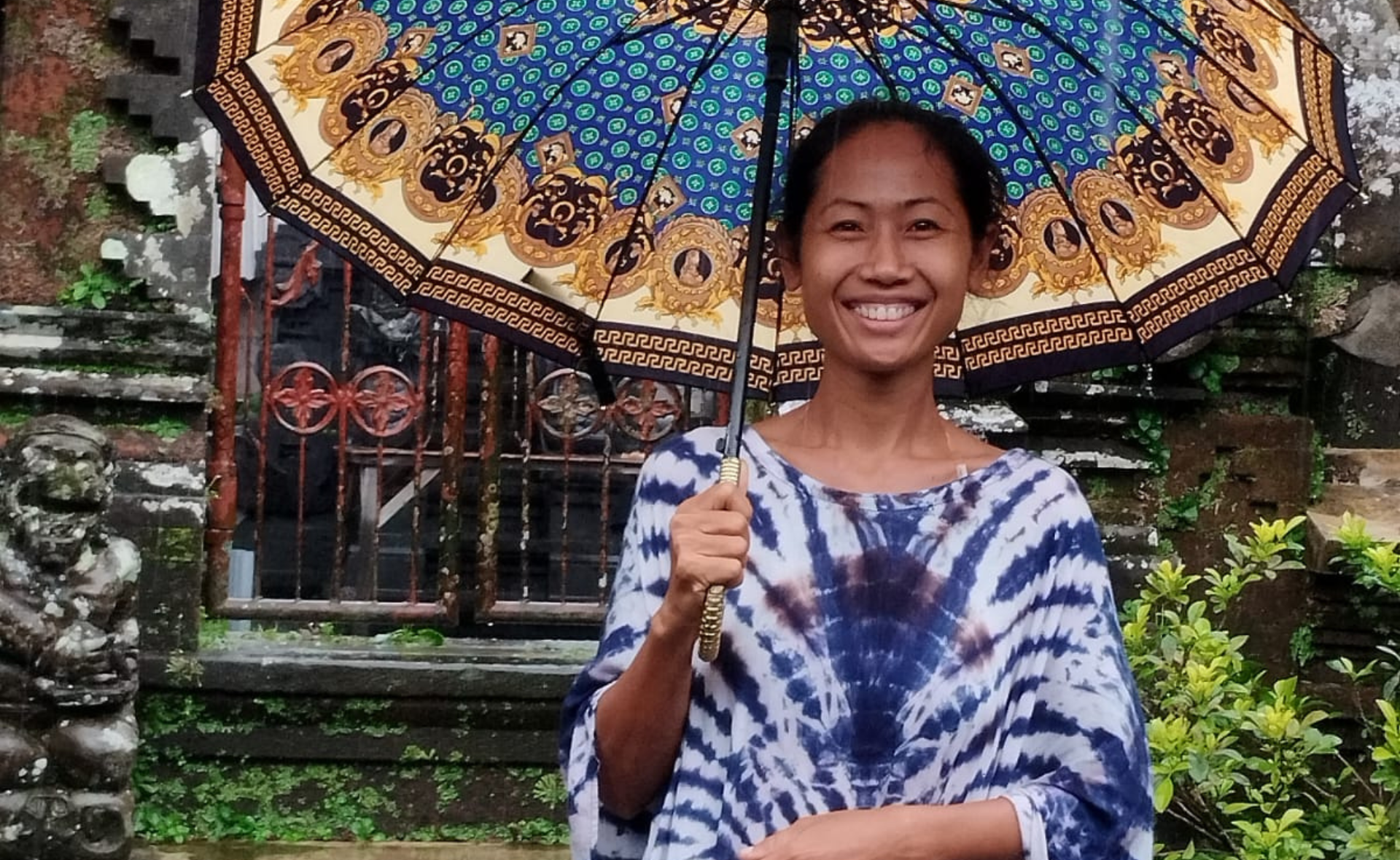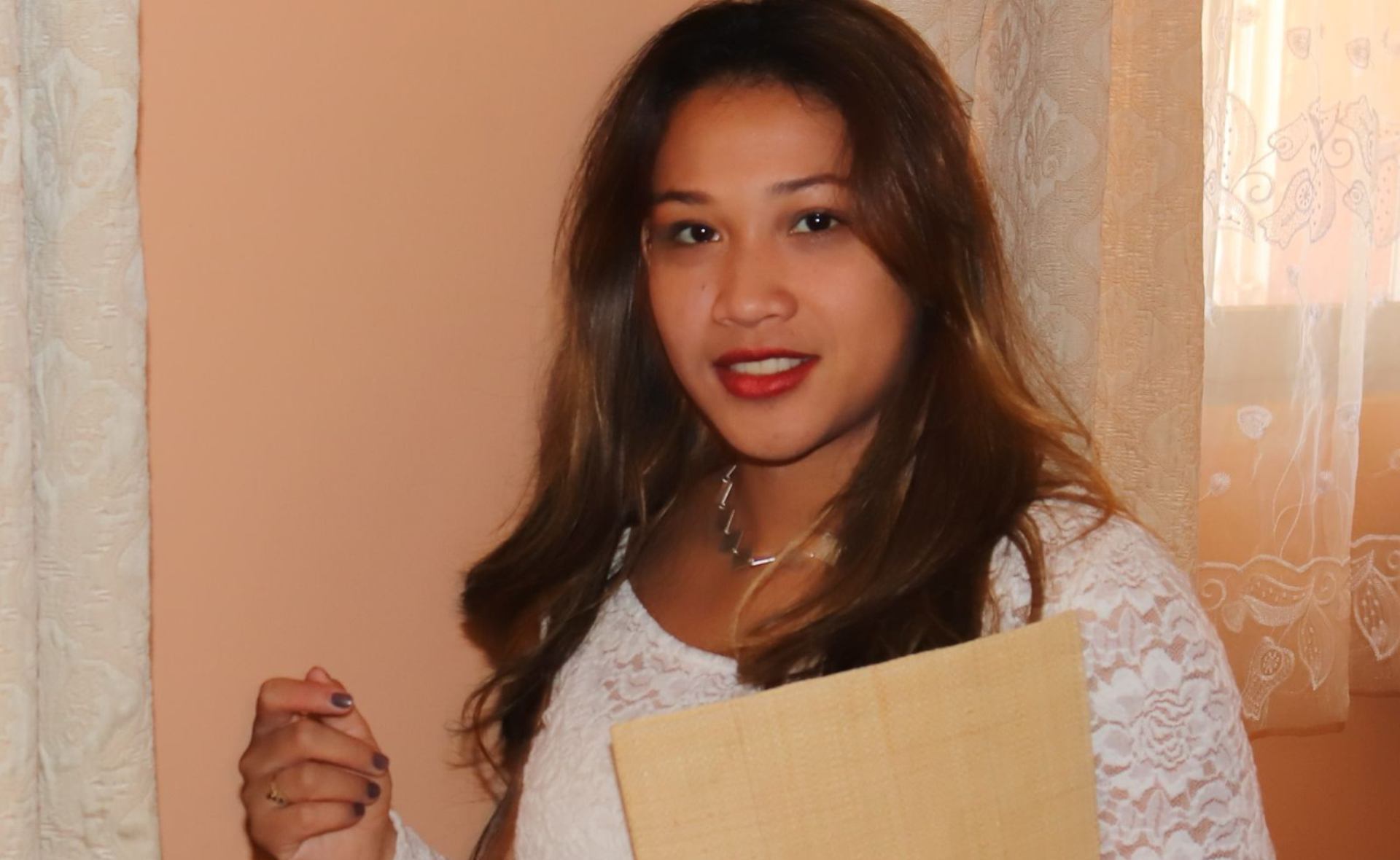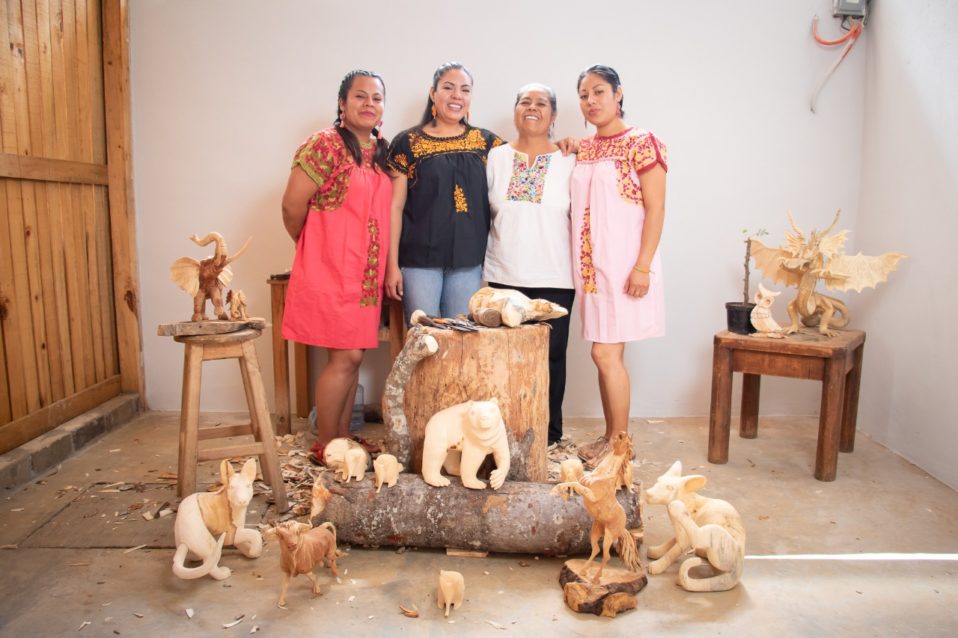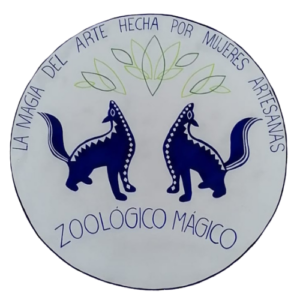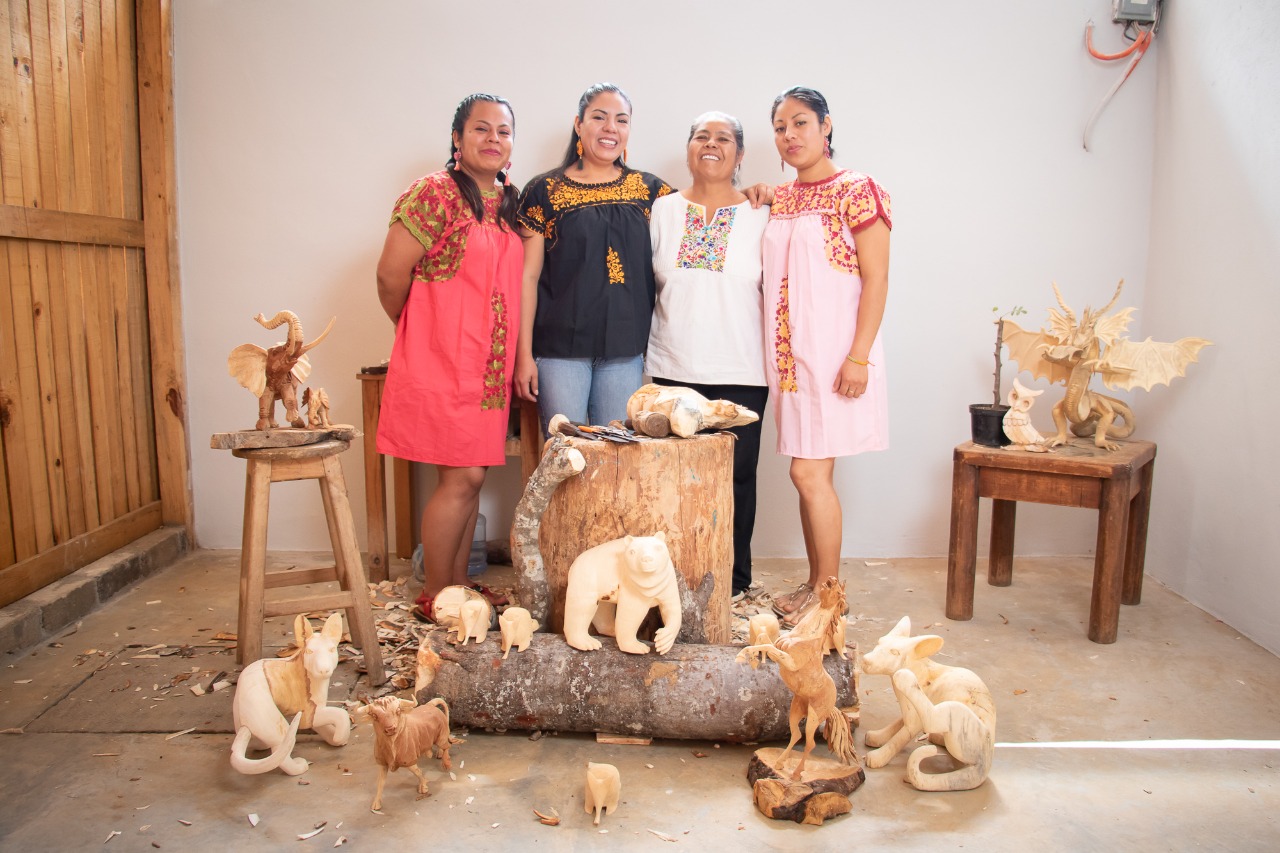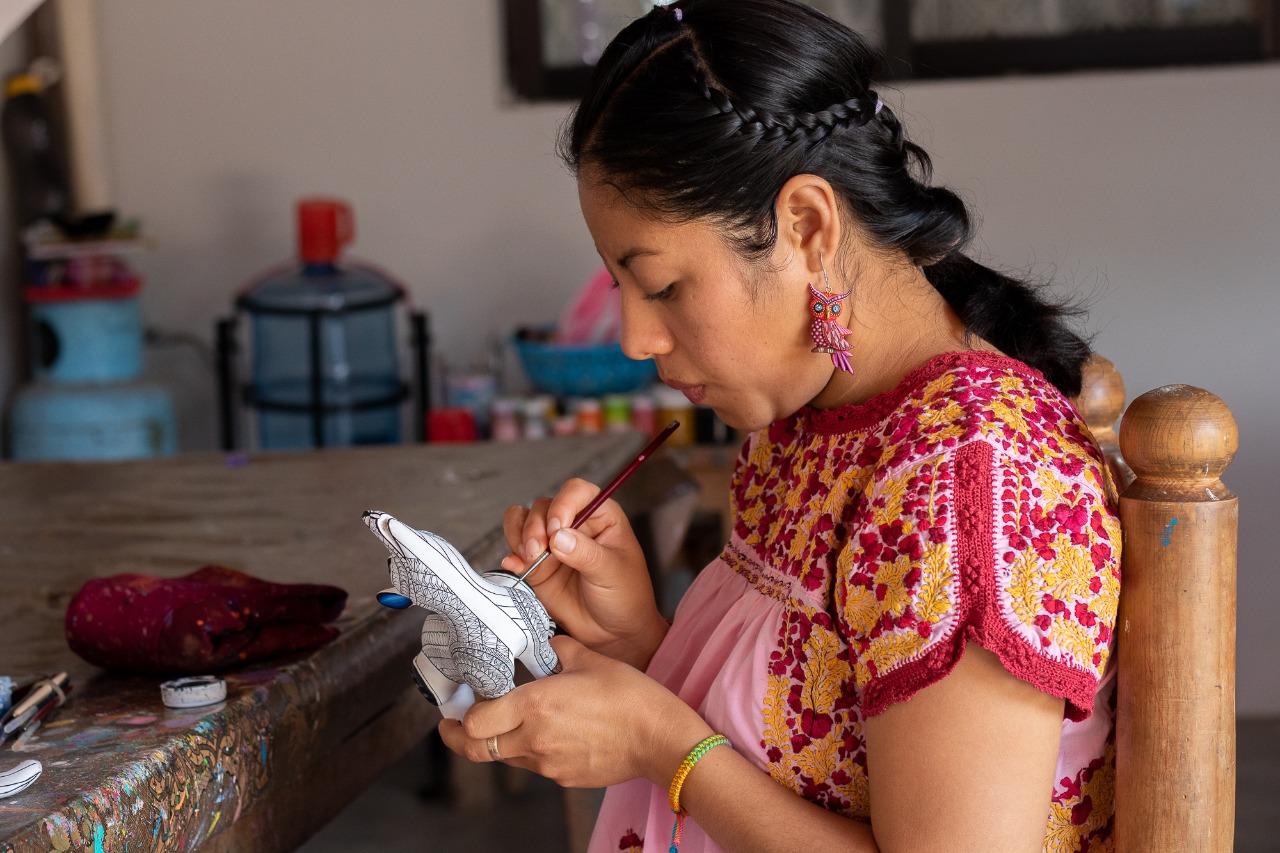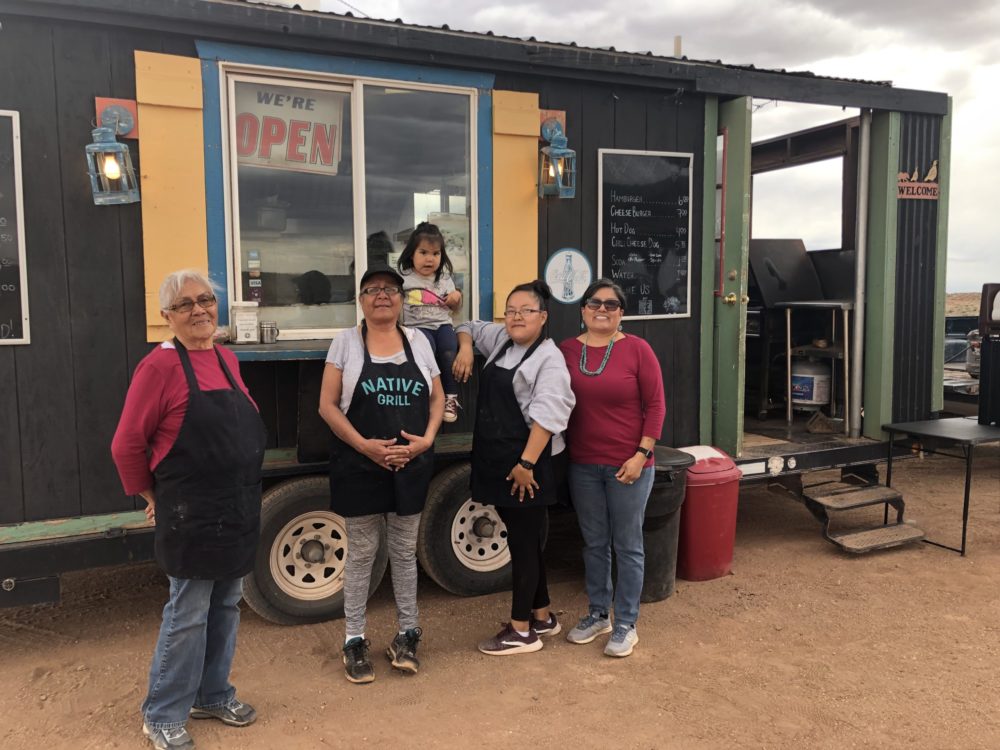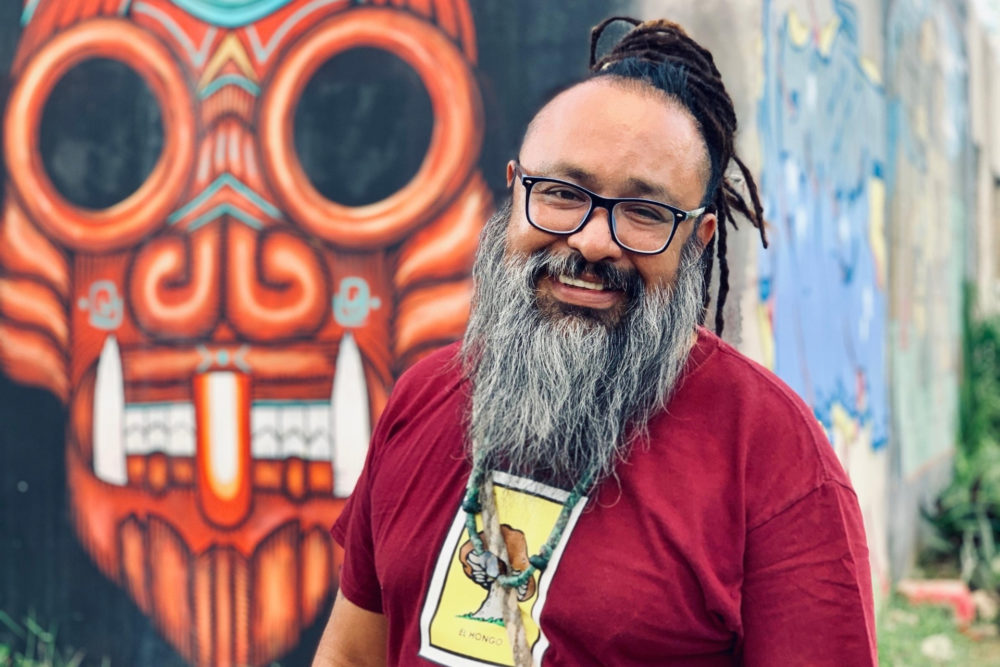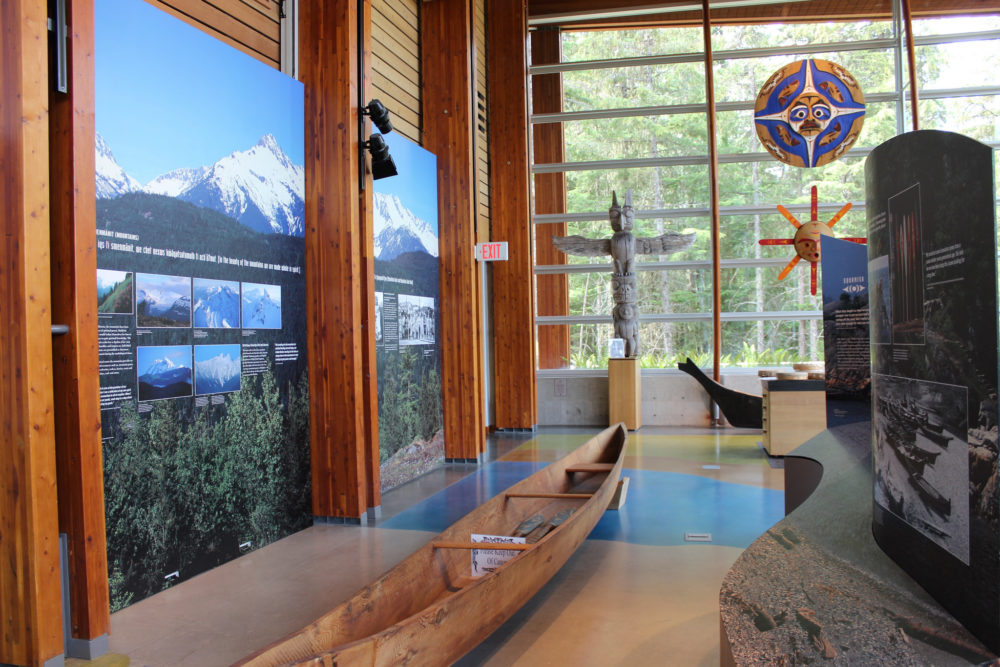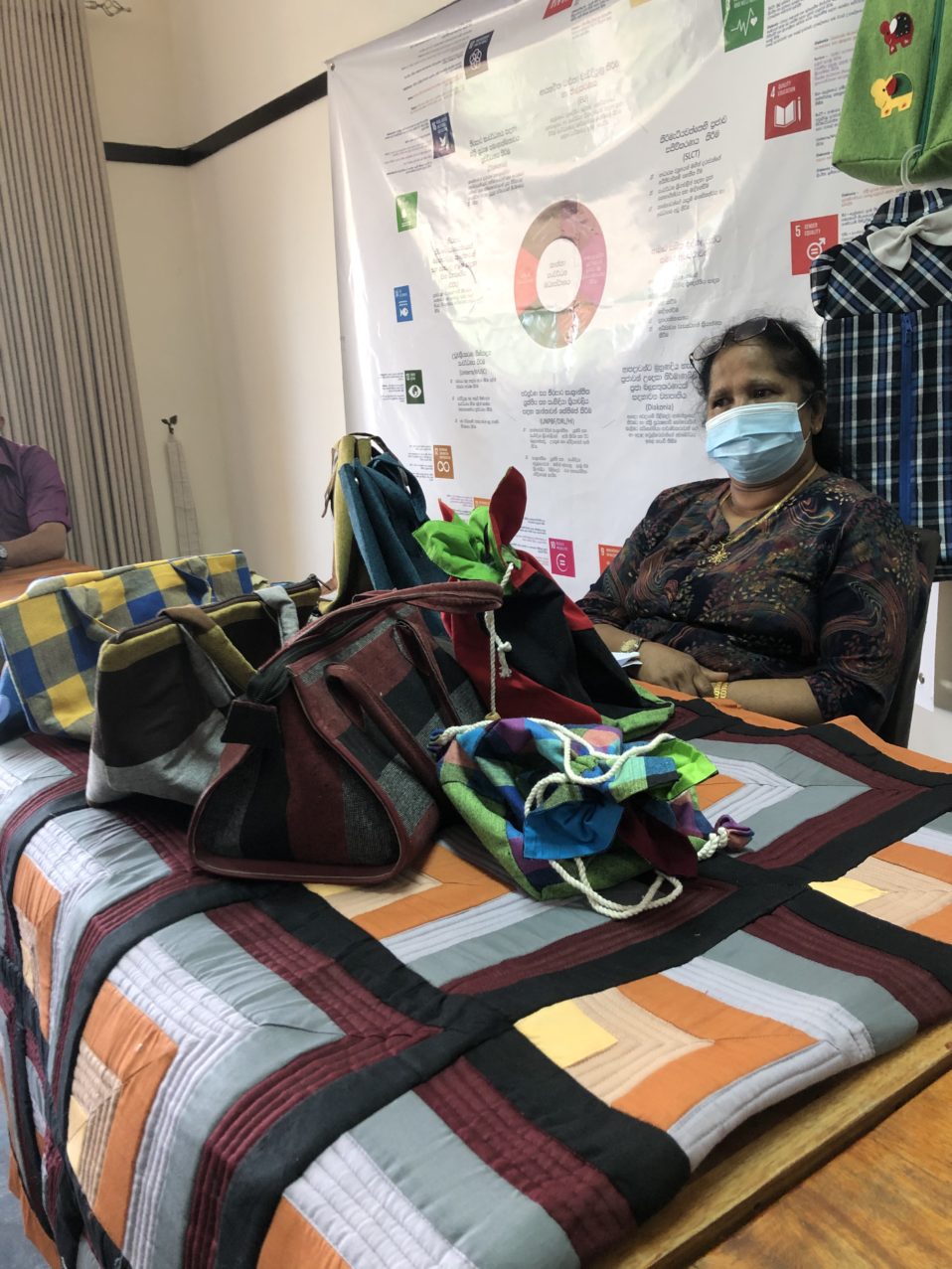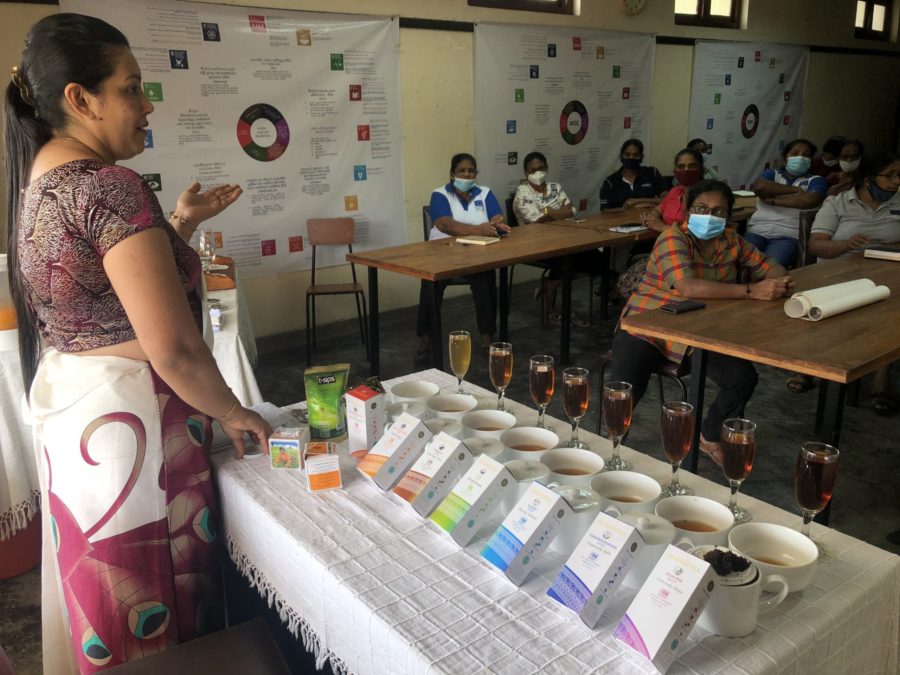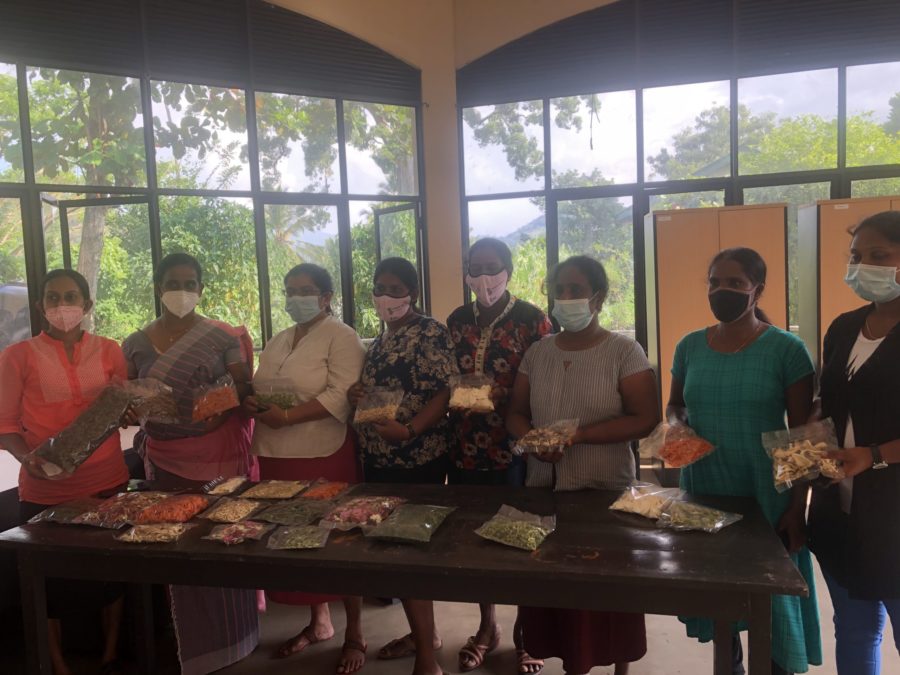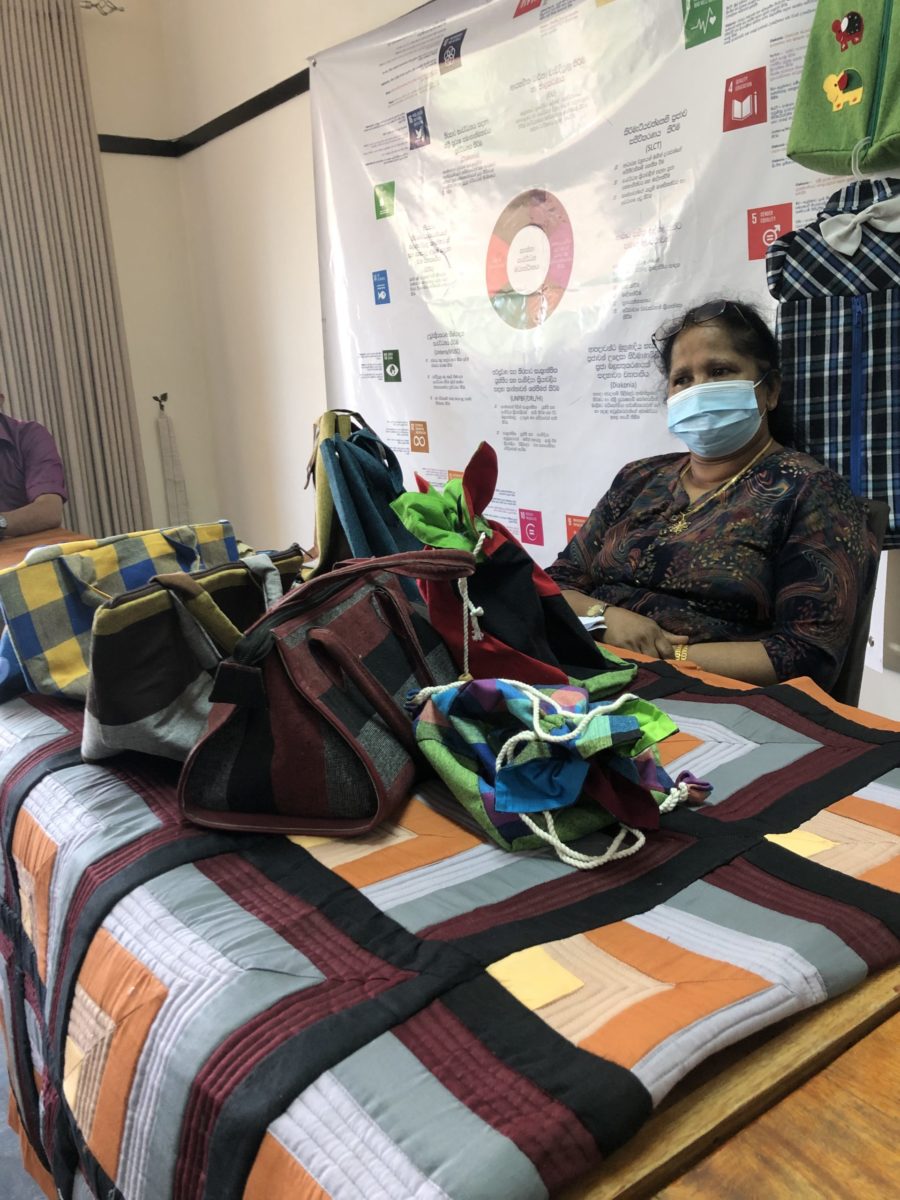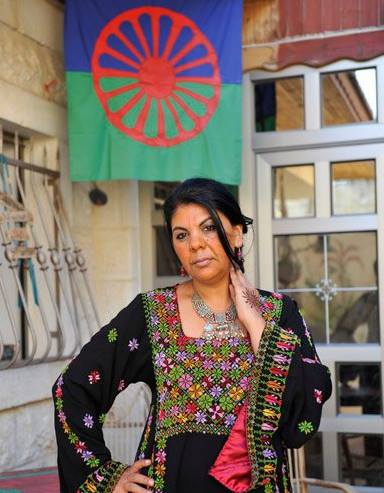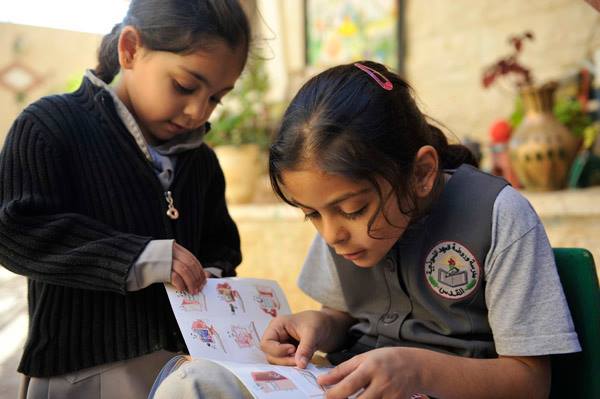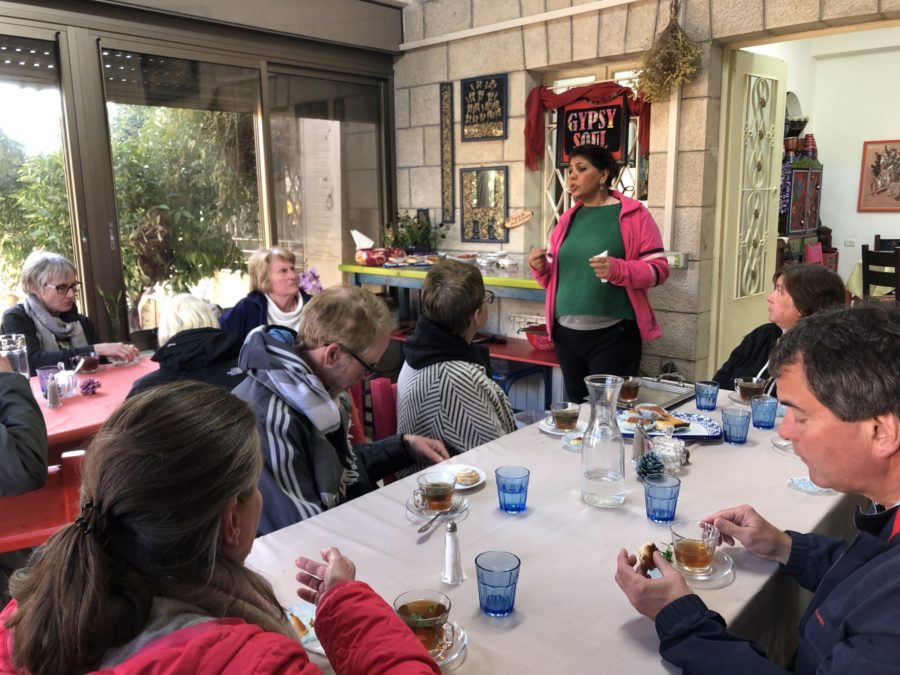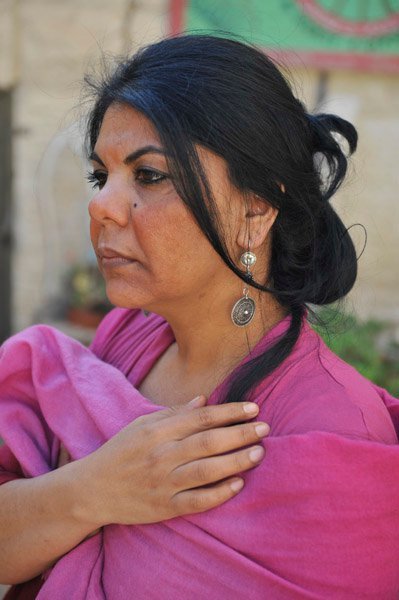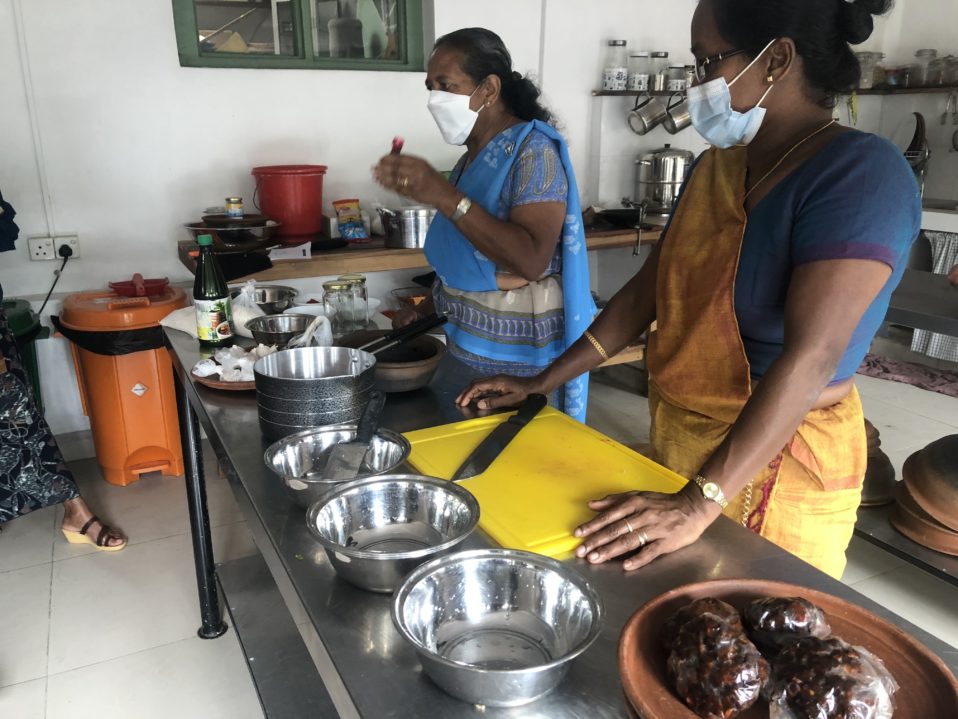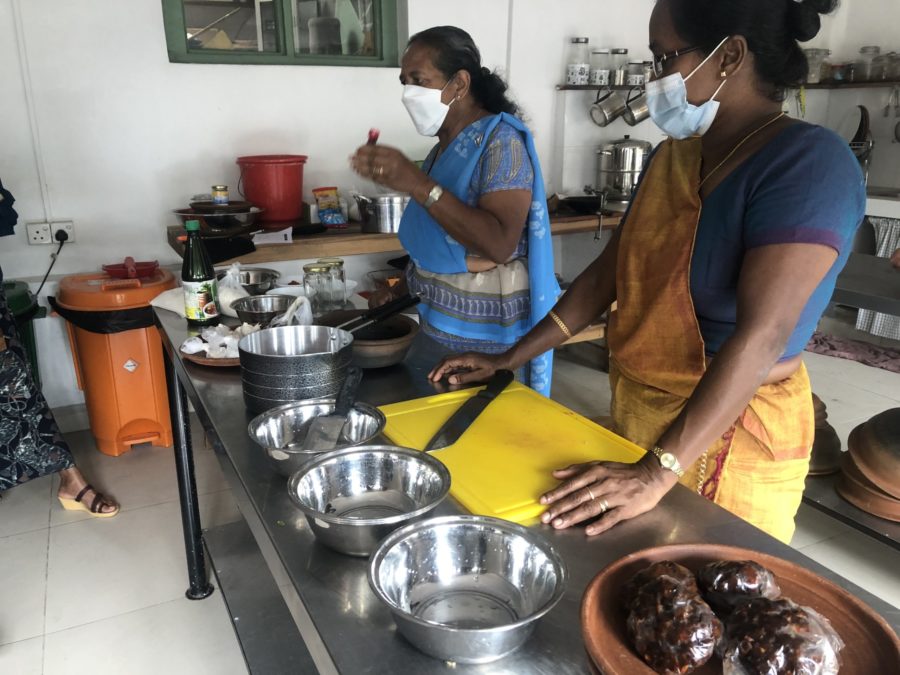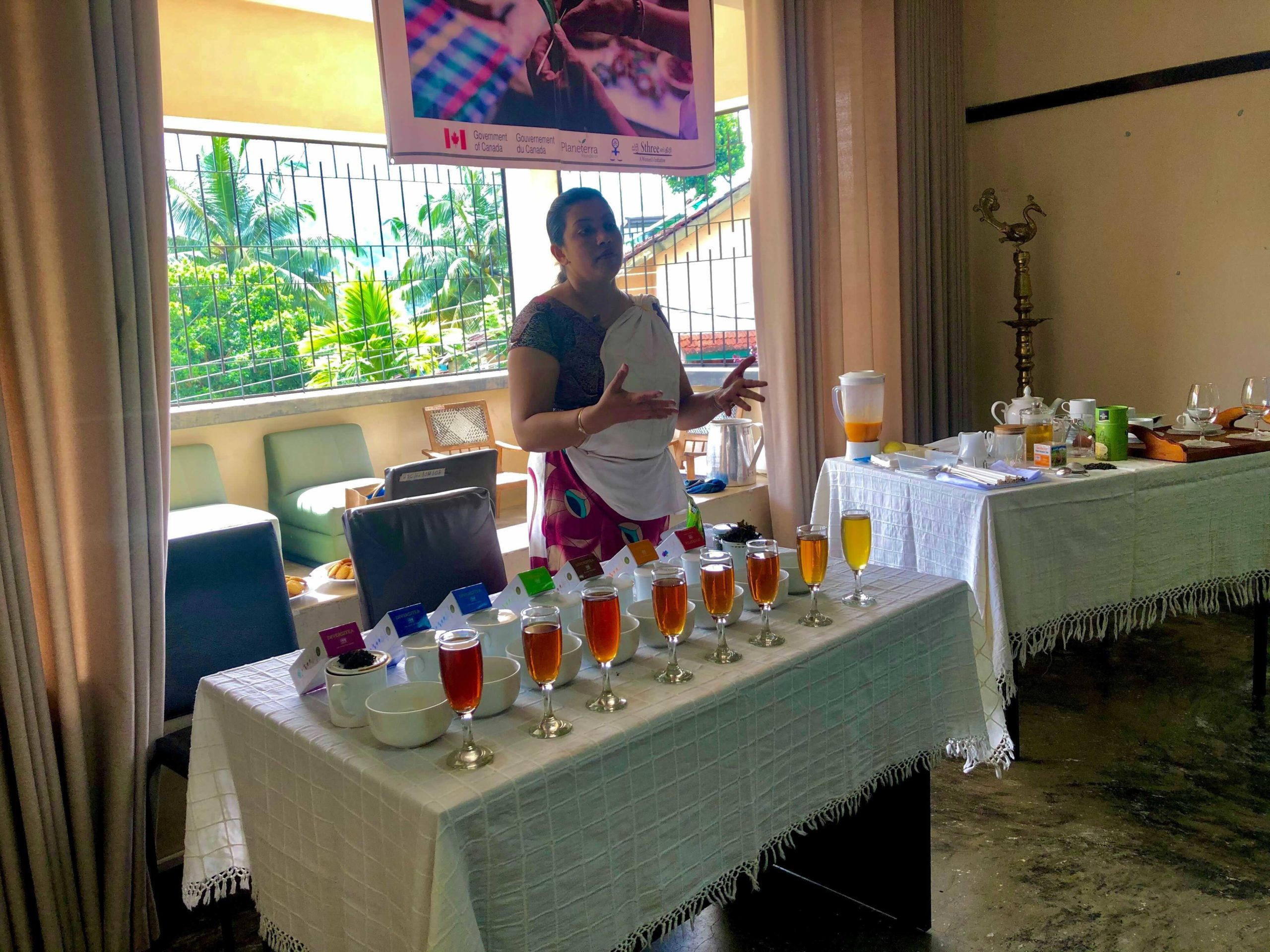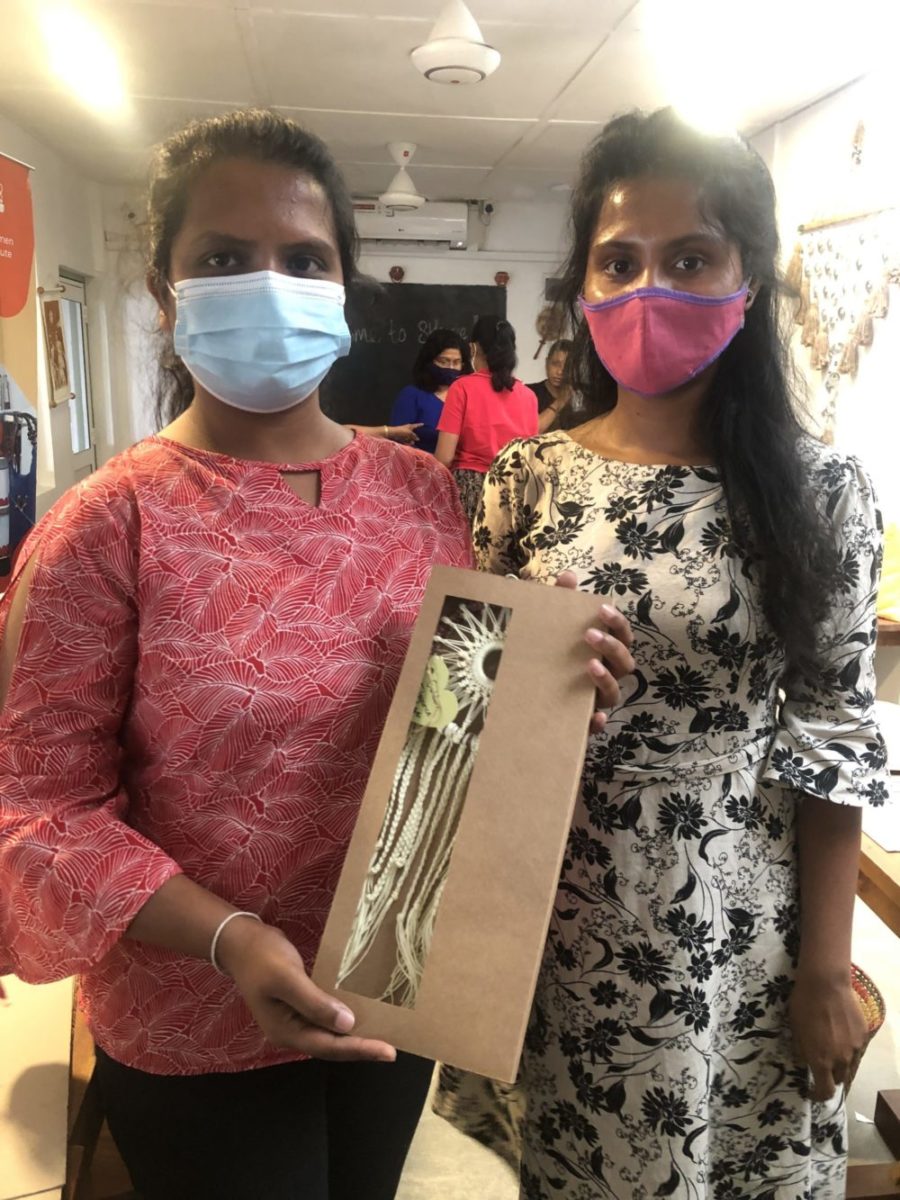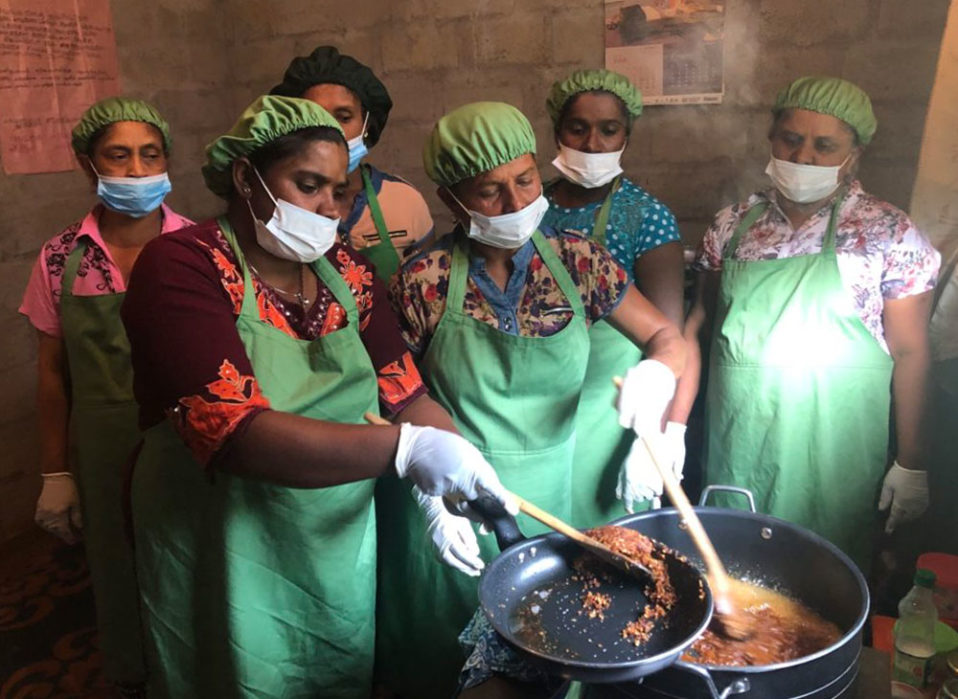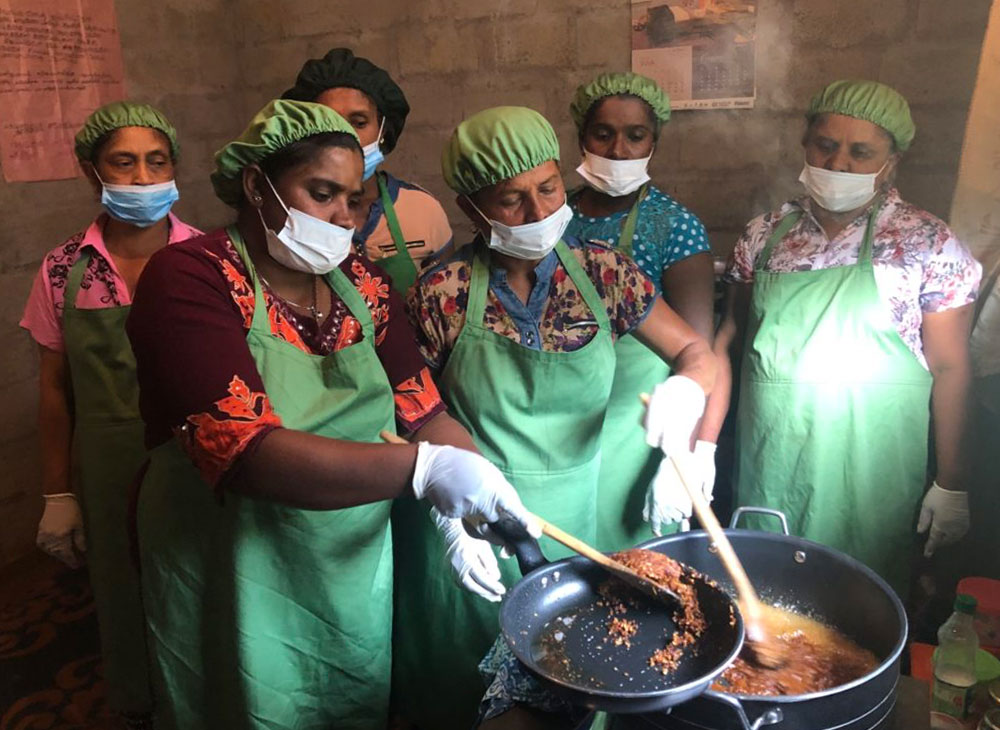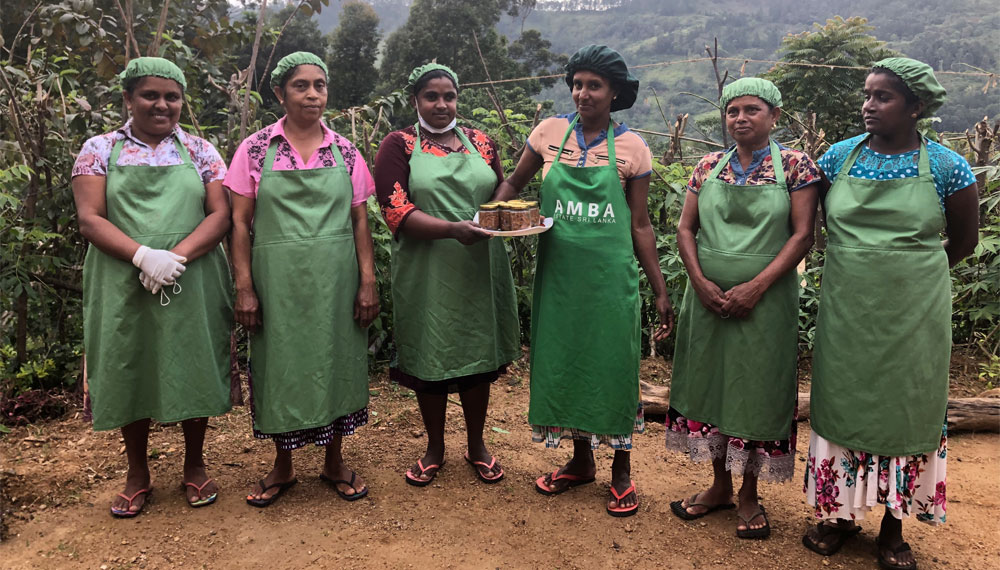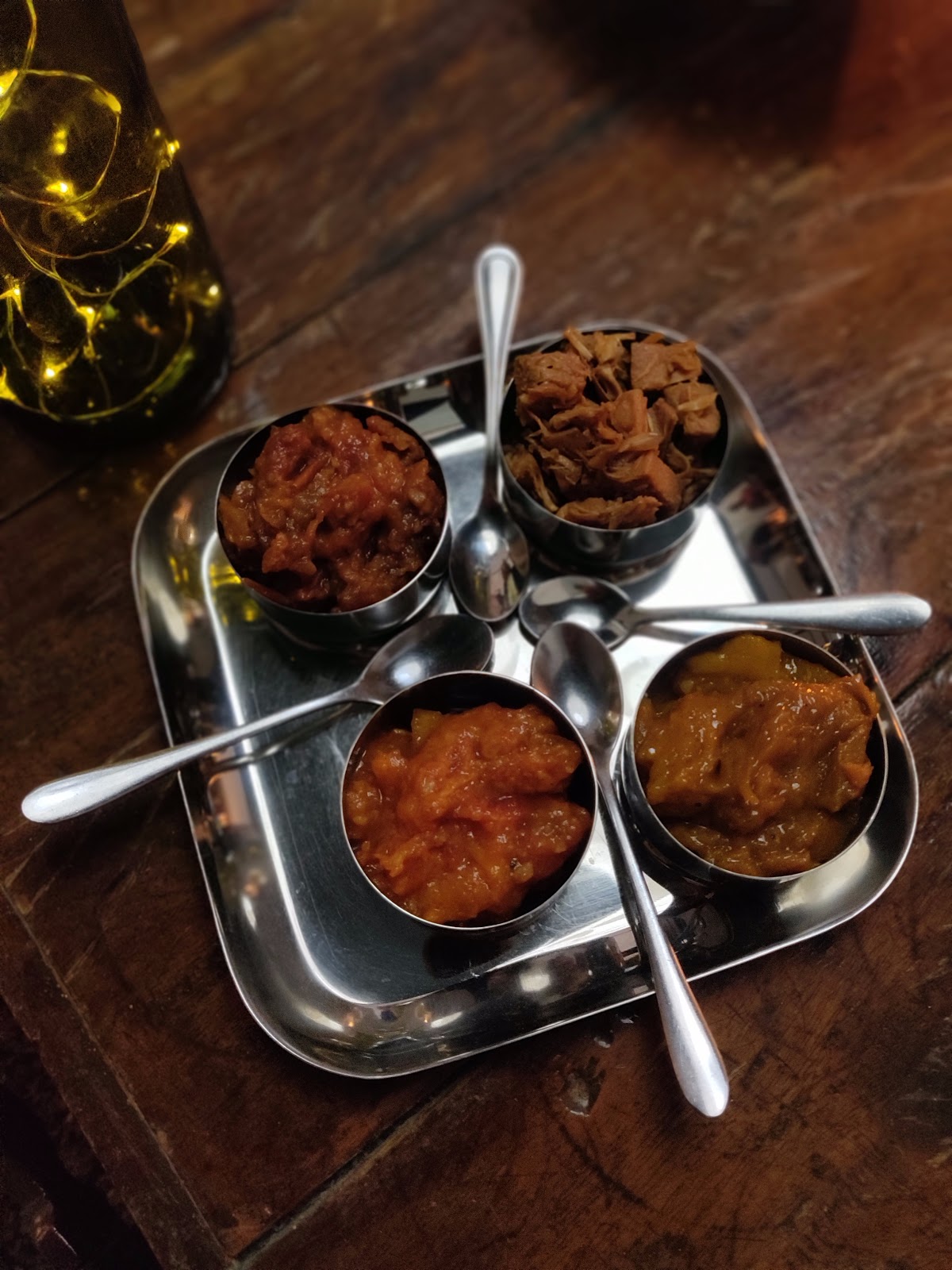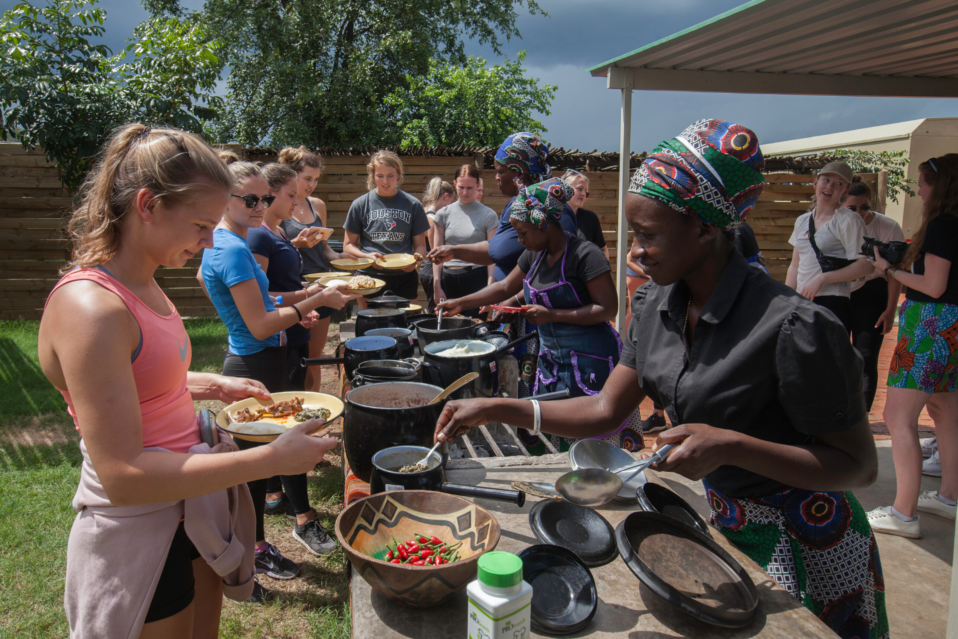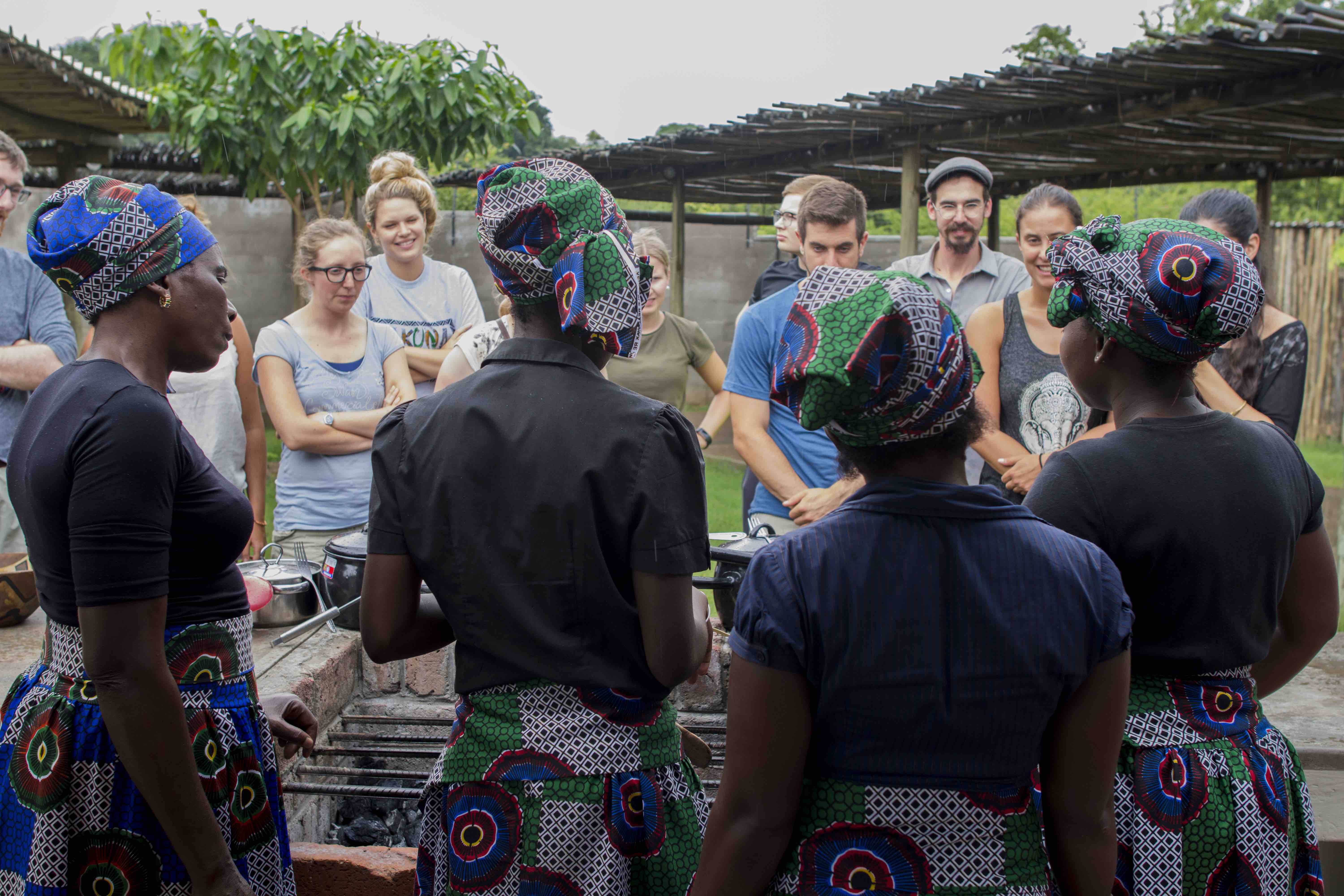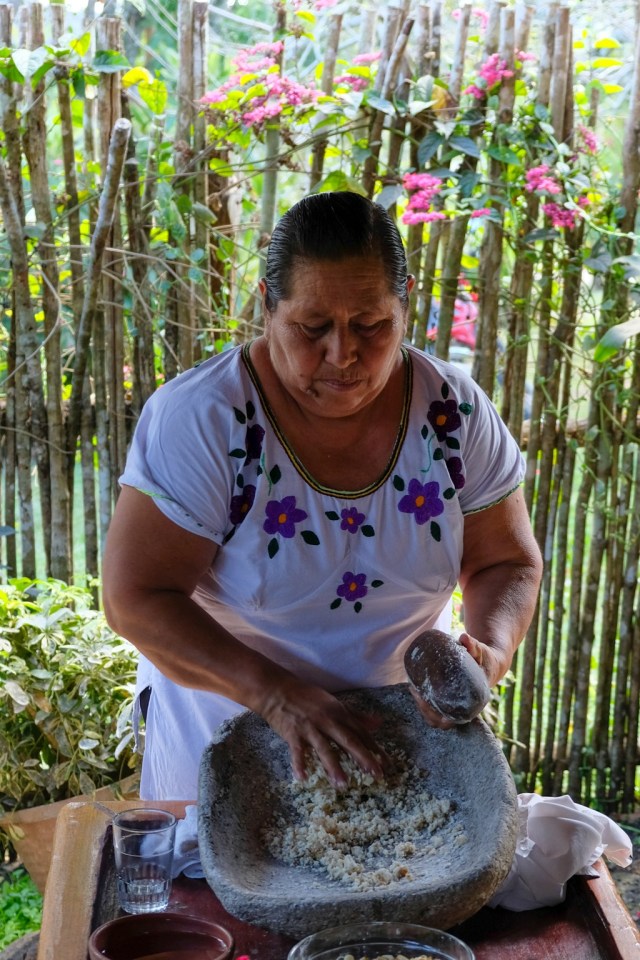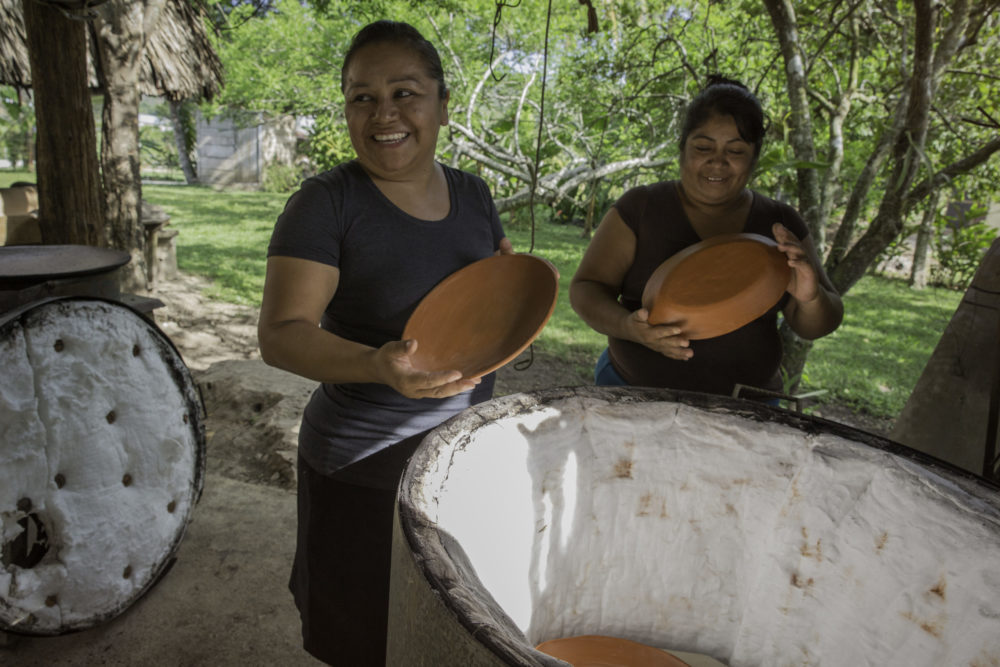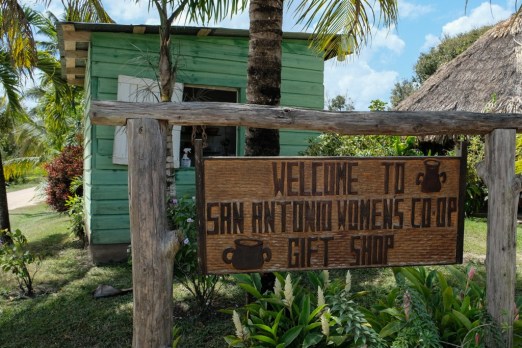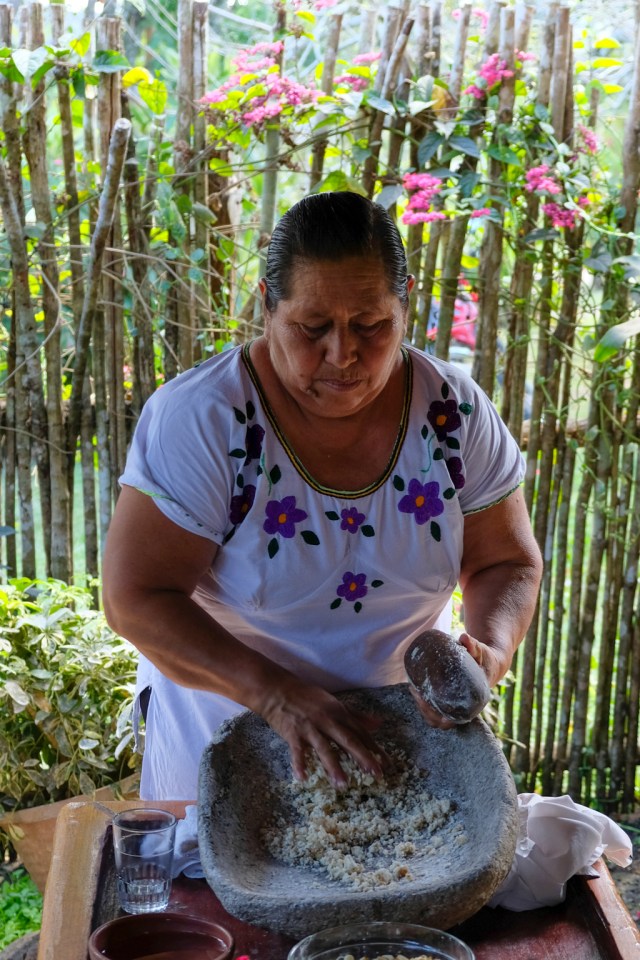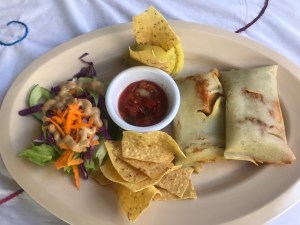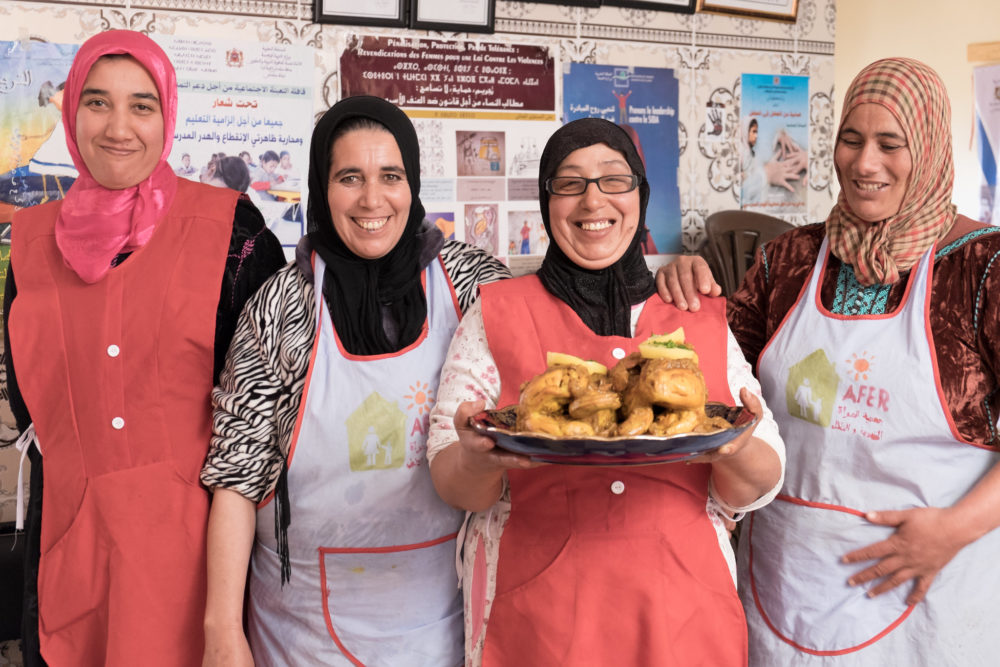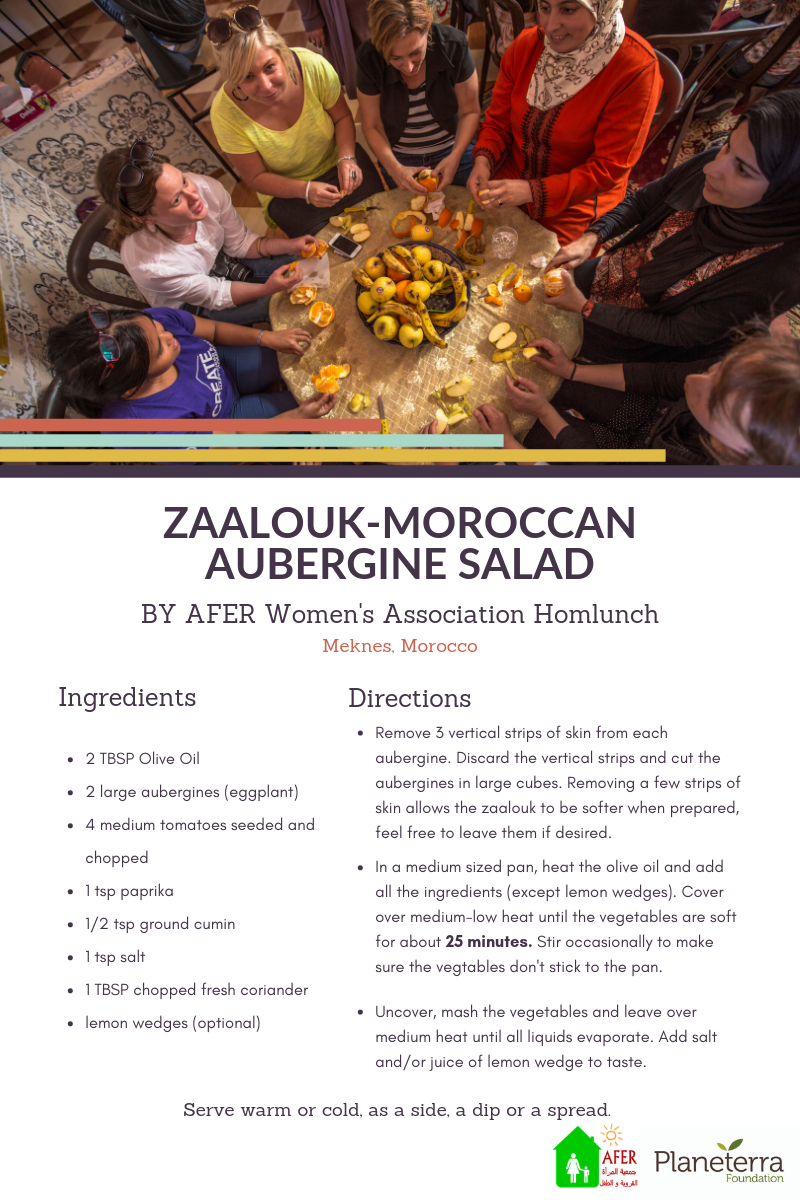From the colourful streets of San Martín Tilcajete, Oaxaca, the women of Zoológico Mágico are transforming the art of alebrijes into a tool for empowerment and change.
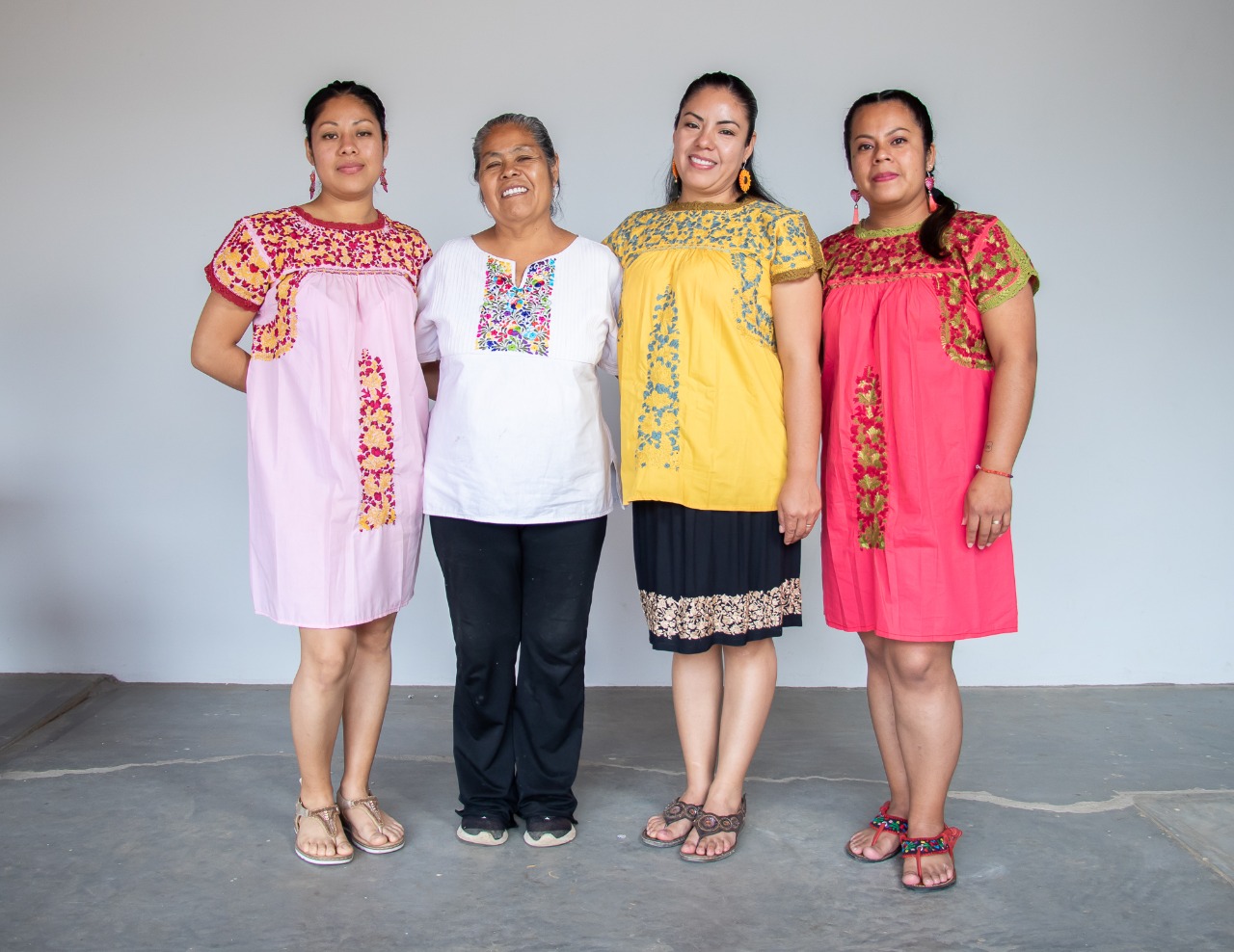
Zoológico Mágico is a collective of talented women from San Martín Tilcajete, a community renowned for its rich cultural heritage and skilled artisans in the art of alebrije crafting.
Their craftsmanship skills have been passed down through three generations, but it was the onset of the pandemic that prompted a significant shift. With their husbands and other male members exploring alternative income sources to support their families during challenging times, these women decided to take matters into their own hands.
Faced with limited options due to the pandemic, they relied on their skills and knowledge in crafting alebrijes to establish a workshop aimed at selling their art and welcoming visitors.
Motivated by their deep connection to their roots, culture, and traditions, these women sought to capture the essence of the alebrije—a fusion of dreams, fantasies, and personal experiences.
What sets Zoológico Mágico apart is not just the beauty of their creations, but also the fact that it is led entirely by women who oversee every stage of the crafting process, including the intricate sculpting of wooden pieces, a task traditionally associated with men!
Check out Rosario Fabián, President of Zoológico Mágico, in action as she carves wood into beautiful sculptures:
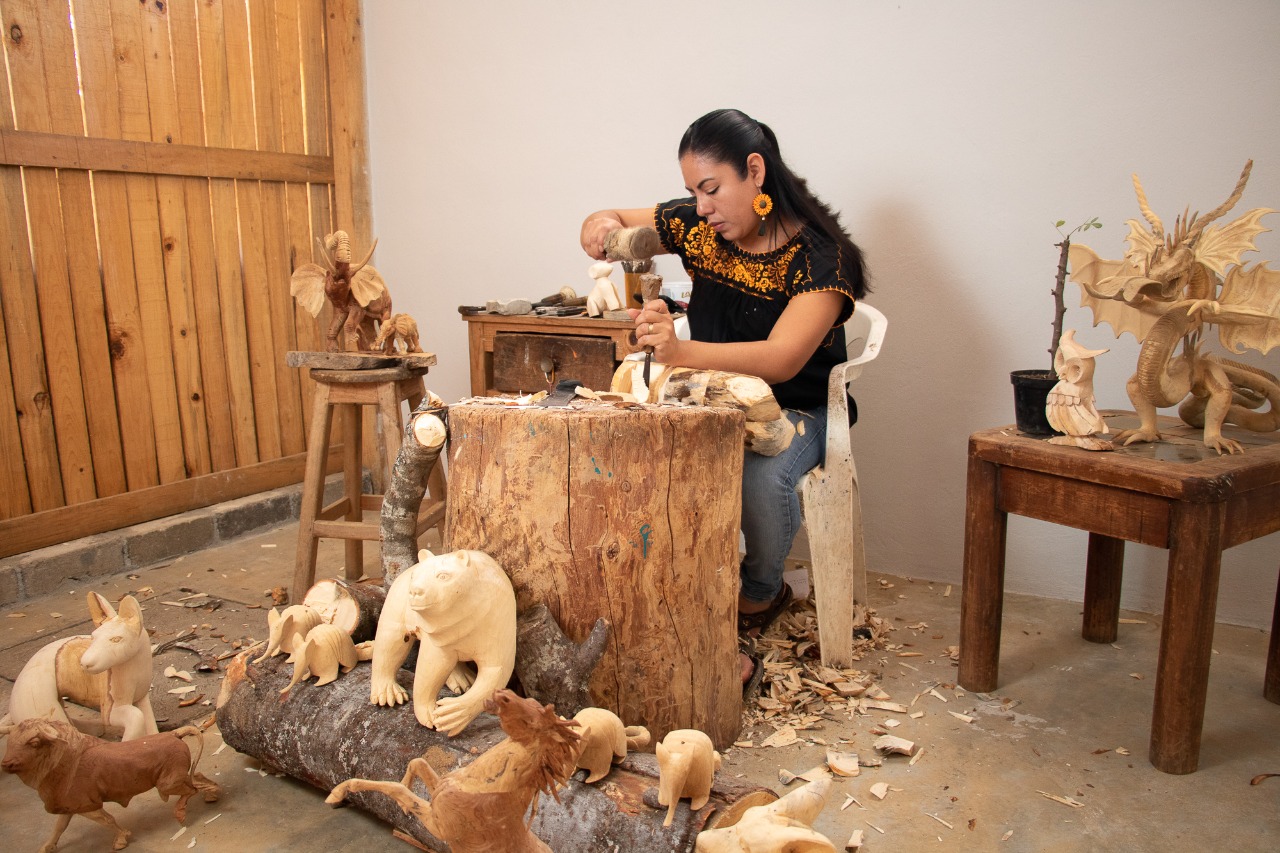
Copal: A Mystical Tree
Copal has been used since pre-Hispanic times. This tree holds deep significance for the community of San Martín Tilcajete; it’s sacred to them. The women of Zoológico Mágico use Copal to craft their pieces.
The whimsical way it grows provides artisans with a canvas to unleash their creativity, allowing them to visualize and then shape detailed alebrijes with each swing of the machete.
The sap or resin of the copal tree, also known as incense, is used in various cultural rituals. It’s believed that the smoke from burning incense purifies the soul, protects families, attracts love and abundance, and wards off malevolent spirits.
The residents of San Martín Tilcajete place great importance on the utilization and preservation of the copal tree. Consequently, every year, the entire community – including workshops and residents alike – collaborates on a collective endeavour. They participate in a reforestation initiative, planting approximately 2000 trees to nurture life and sustain their environment.
Crafting a Magical Piece
For some, the price of an alebrije might seem high, but let us assure you, it’s more than fair considering the intricate process behind crafting each of these magical pieces.
It all begins with the selection of the copal trunk, which must be of the highest quality. Its natural structure is what inspires the creation of the figure.
A second step is the curing process, which involves treating and dehydrating the piece. It must be restored and patched as many times as necessary before it’s ready for colour.
Then comes the painting process, where each stroke tells a story. At Zoológico Mágico, artists work with two types of paint. The first, called “basic,” allows for free expression, with dots, spots, and lines forming patterns guided by the artist’s imagination. The second, known as “fine painting,” focuses on symbolism, with each element carefully chosen to convey deeper meaning, like butterflies symbolizing happiness or seeds representing fertility.
This attention to detail ensures that each alebrije is a one-of-a-kind masterpiece.
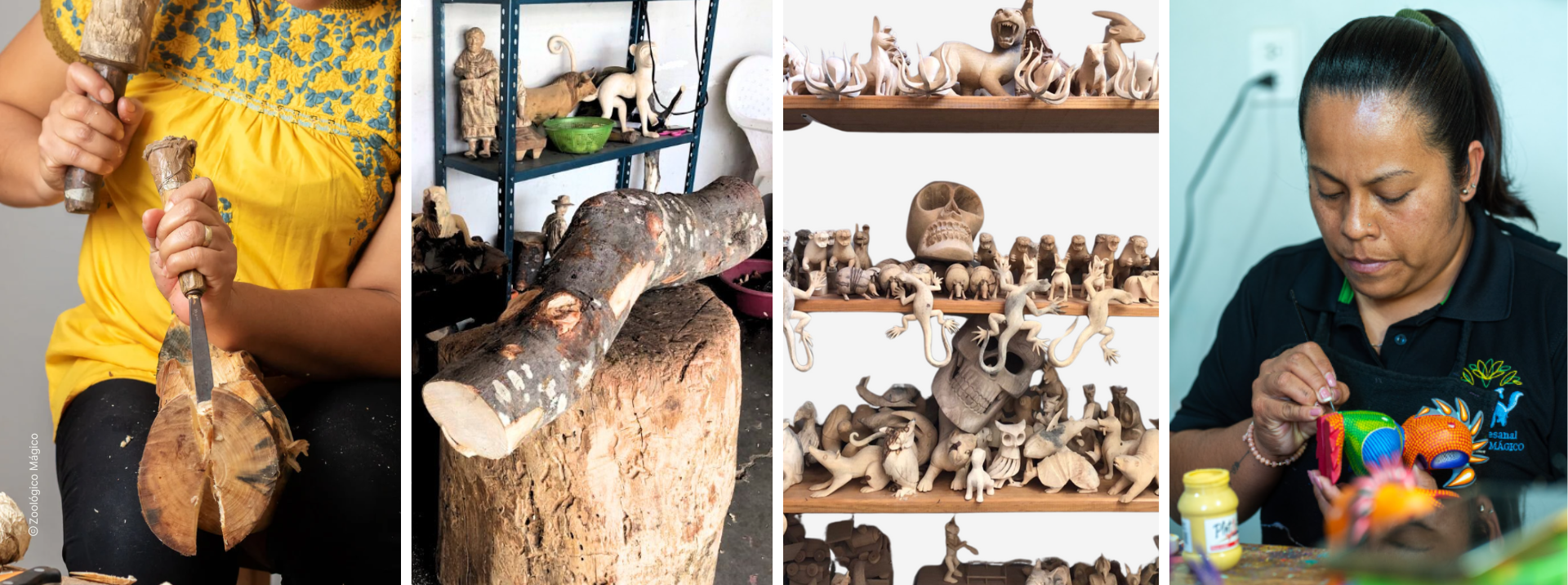
Exploring Zoológico Mágico as a Traveller
Aside from purchasing beautiful souvenirs, travellers visiting Zoológico Mágico get to delve into the captivating world of alebrije crafting firsthand. They even get a chance to try their hand at painting one themselves.
A handy kit equipped with paints, brushes, and all necessary materials is provided, allowing their imagination to run wild with vibrant colours and intricate designs. And who knows, perhaps a taste of Mezcal, a beloved local alcoholic beverage, will make a special appearance to further ignite their inspiration.
*Interested in joining a tour? Check out what our travel partners at G Adventures or Just You have to offer.
The inspiration for this blog comes directly from the insights generously shared by Daniela Hernández, a talented craft painter at Zoológico Mágico, during a webinar for Spanish-speaking members of Planeterra’s Global Community Network. Watch the session in Spanish below.


